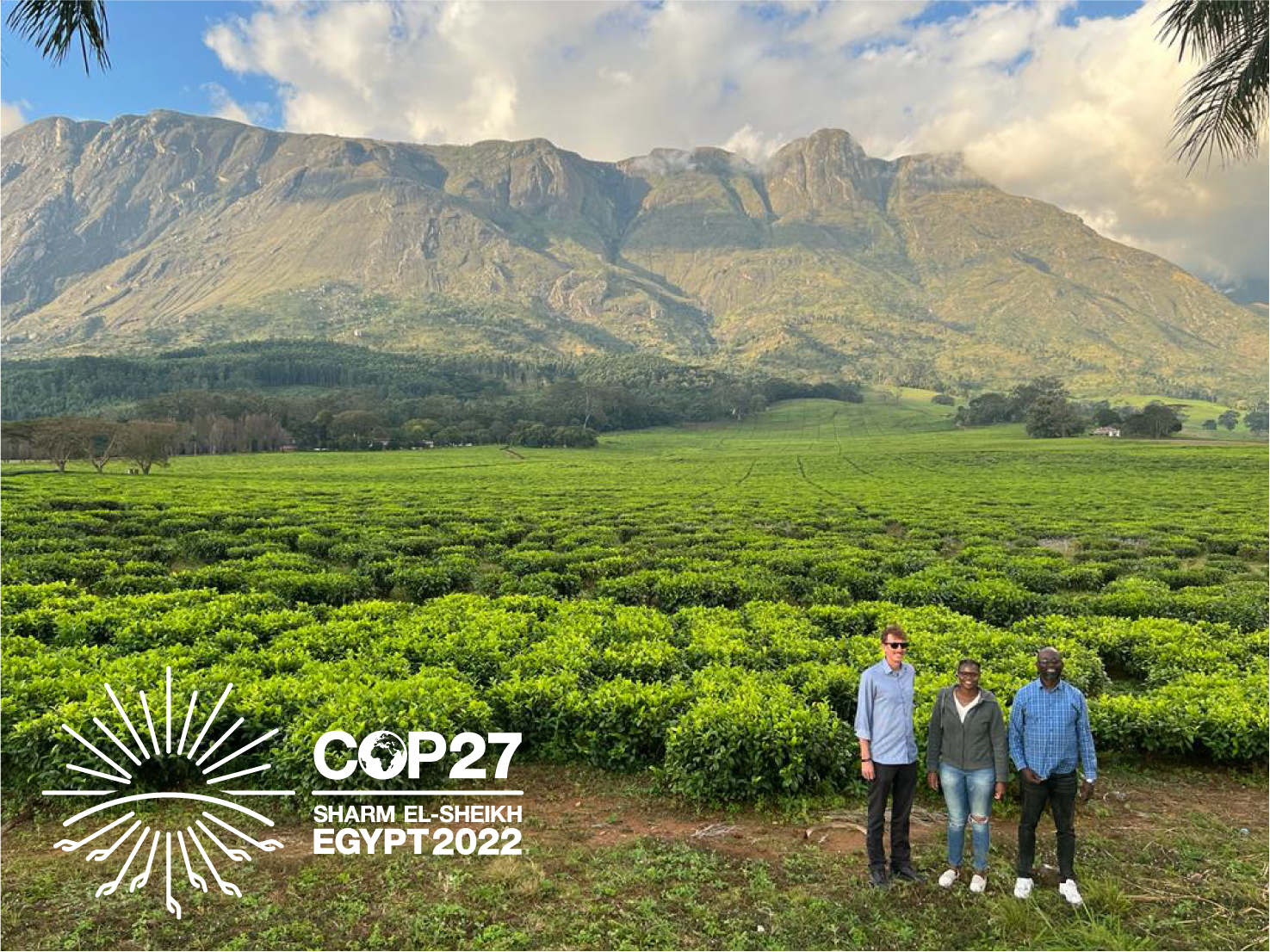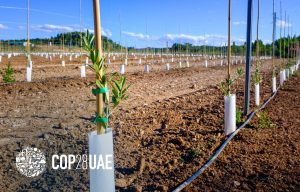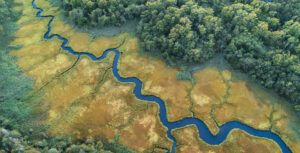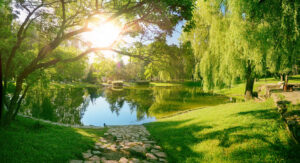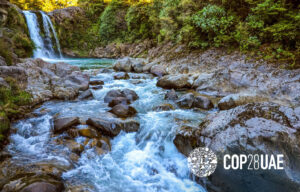Futureproofing food: farming in a warmer, drier climate
Follow SIWI to COP27
To share new knowledge about water and climate, SIWI will be taking active part in the global climate conference COP27 between 6 and 18 November. Join our programme online to learn about a promising new generation of climate solutions.
SIWI at COPDid You Know?
Currently 95% of investment in African agriculture goes to irrigation, but 95% of farmers on the continent rely on rainfed farming.
Can we restore the hydrological cycle?
The only part of the hydrological cycle we can influence is from when a drop of rain lands on the ground until it reaches the ocean. The time that drop spends on land can be increased by allowing it to sink into the soil, rather than rush into the nearest gully or river. In the soil, at root zone, is the only place where plants can absorb water, a simple realisation of profound consequence first described by Prof Malin Falkenmark in her coining of the term “green water”.
TIARA aims to strengthen the business case for investing in improved rainfed agriculture, supporting farmers to manage the soil and capture rainfall and ultimately improve household food security and resilience to climate change. Investing in improved rainfed agriculture has the added benefits of better soil and water conservation at catchment scale as well as stimulating local agricultural value chains, representing a triple bottom-line return on investment. The business case will make a compelling argument for governments in Africa, development finance institutions and the private sector to make substantial investments in the sector. This is of great consequence as currently 95% of investment in African agriculture goes to irrigation, but 95% of farmers on the continent rely on rainfed farming.
Similarly, what do you hope for the outcomes at COP to be, such that it aligns with TIARA’s goals?
There needs to be a recognition by the international community that climate change is happening now, and its impact is making it increasingly difficult for local communities in Africa to produce the food they need to survive. Adaptation resources need to be made available at scale to support the majority of African farmers who rely on rainfall to water their corps, to invest in improving their agricultural production, increasing yields and reducing risk.
What is the message you want to communicate to governments and development finance investors?
Establish funds at country level which can be accessed directly by local organisations and the private sector with the express purpose of supporting farmers to improve their rainfed agriculture and increase greenwater availability at farm level. Funds can be disbursed either as grants, micro-loans or risk coverage insurance.
You can meet Anton at the following events and times at COP27:
12 Nov | 17h00 Africa Investment Programme High Level Panel launch event at the African Union (AU) Pavilion
14 Nov | 15h00 Accelerating effective solutions for biosaline agriculture event at the Islamic Development Bank Group (IsDB) Pavillion
16 Nov | 12h15 Empowered Climate Resilience: Women as change-makers for water-sensitive climate action at the Water Pavillion
